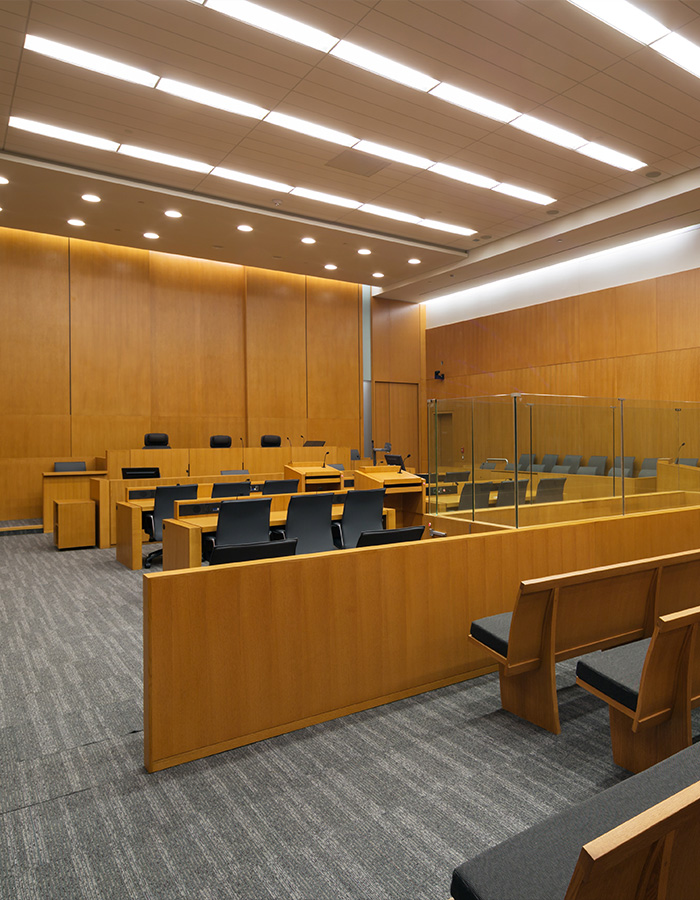Expert evidence based on incomplete, subjective and partisan facts
Expert evidence based on incomplete, subjective and partisan facts
Background
This case involved a road traffic accident between a motor vehicle and a horse and rider. In issue was which side of the road the various parties were on. Expert witness evidence was called from traffic engineers.
A Mr T was engaged as expert by the appellant as an “an accident reconstruction specialist”. Mr T provided two expert reports but was not called on to give oral evidence.

Findings
The court was critical of Mr T’s evidence. The utility of expert evidence from “an accident reconstruction specialist” was questioned, particularly where the “expert” in question based his opinion on subjective and partisan accounts of the facts from their instructing party which were disproved at trial1.
As such the reports of Mr T were deficient, particularly because of their dealing (or not dealing) with the relevant facts (above). Caution was to be had when relying on them and they offered little to no probative value2.
Mr T also:
• Took an “adversarial stance” in presenting his evidence. It was very much to be regretted and may alone have been basis enough to reject his evidence3.
• Strayed beyond his (purported) area of expertise – he expressed opinions on the intelligence, behaviours and propensities of both horses and their riders. These were not credible and of little or no probative value4.
• Adopted an argumentative (possibly even arrogant) tone when questioning the evidence of the police officer who attended the scene. He posed a series of rhetorical questions of the police officer’s measurements, and cautioned the court against accepting his evidence5.
The court was critical of use of expert for what was effectively a simple trial function in determining the facts, and found that Mr T’s statements “could provide no proper basis for any reliable finding of fact”6.
Moreover, once Mr T’s theory of the accident was rejected, this in turn made the version of events of the party calling him “glaringly improbable”7.
Comment
Like many of the examples in this series, this case shows once again the need for expert independence, and the need for the expert witness to appear as independent. The expert is to assist the court, not to become a mouthpiece for client, and the expert witness should remain dispassionate and professional in giving evidence. At no times should an expert witness appear to be (or worse still, be) arrogant or argumentative
More importantly, perhaps, this case goes back to the more fundamental principle of expert evidence that an expertise must exist within a field of specialised knowledge. Here, there was significant issue with the purported field of expertise which sought to encroach upon the role of the court as arbiter of fact. Moreover, it is incumbent on an expert to stay within this area of (purported) expertise, and to venture beyond this may in turn damage an expert’s credibility.
We are also reminded that expert evidence is only as good as the facts and assumptions on which it is based. If these are successfully and substantively challenged, these will in turn affect the underlying expert evidence.
Finally, the effect of flawed expert witness evidence on the overall factual evidence (and case more generally) must be considered. Expert evidence which is defective and thus rejected will reflect poorly on the party calling that evidence, and it may well fundamentally undermine the factual matrix which that party seeks to contend.
To see how we can potentially assist in the training of expert witnesses, including training on expert witness duties, please contact us.
1 At para 149.
2 At para 122.
3 At para 151.
4 At para 122.
5 At para 123.
6 At para 128.
7 At para 97.
